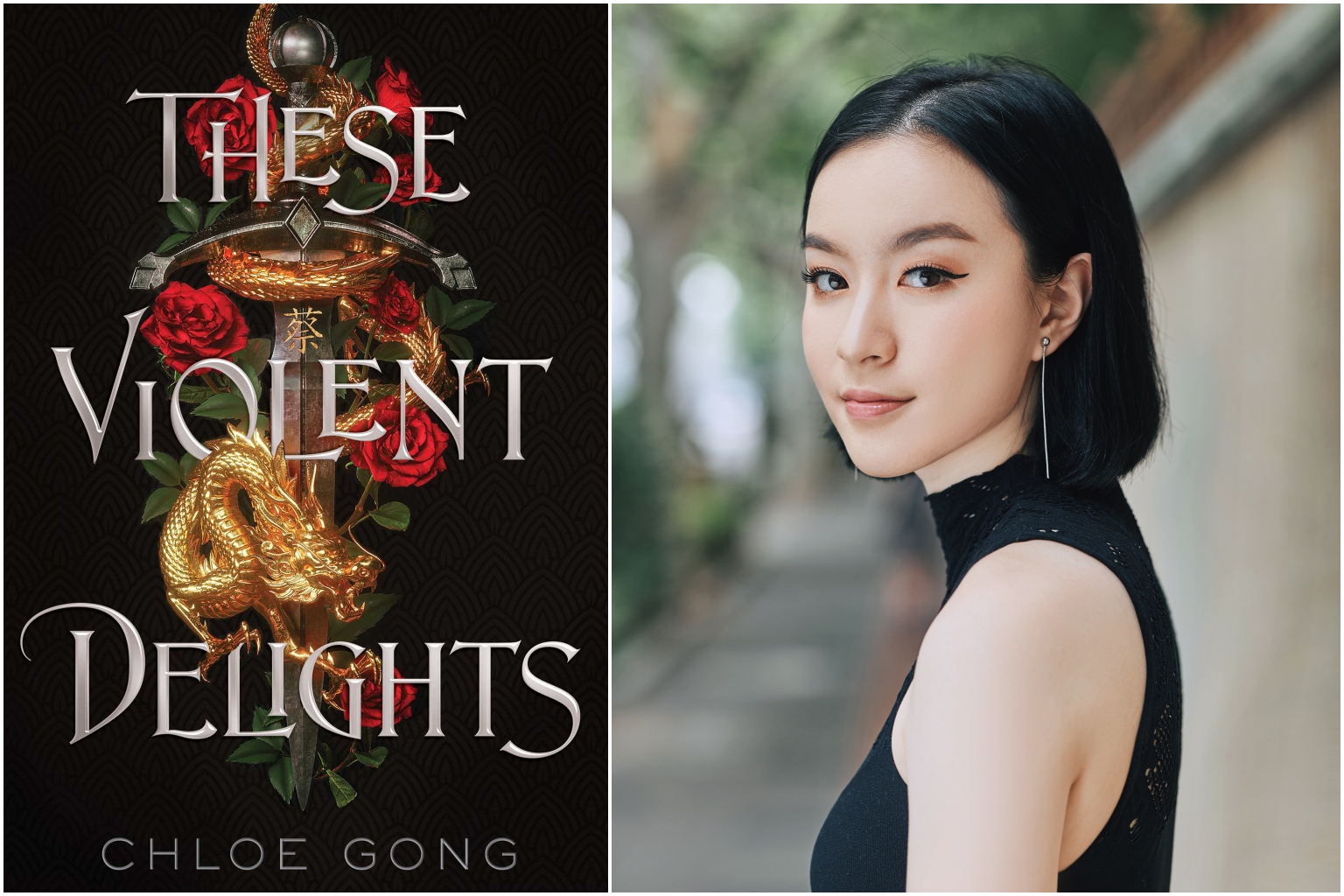Book review: 1920s Shanghai Romeo & Juliet, plus monster and epidemic
Sign up now: Get ST's newsletters delivered to your inbox

These Violent Delights by Chloe Gong moves Shakespeare's Romeo And Juliet from Renaissance Italy to 1920s Shanghai.
PHOTOS: SIMON & SCHUSTER, JON STUDIO
Young adult
These Violent Delights
By Chloe Gong
3 out of 5
These Violent Delights moves Shakespeare's tragic romance Romeo And Juliet from Renaissance Italy to 1920s Shanghai.
Instead of the feuding houses of Montague and Capulet, the star-crossed lovers are now heirs of rival gangs. Russian immigrant Roma Montagov, whose father heads the White Flowers, has a love-hate relationship with Juliette Cai, the ruthless princess of the Scarlet Gang.
But that is hardly the biggest twist - there is a monster lurking in the Huangpu River and a mysterious disease sweeping the streets.
Part one of a duology, this debut novel from Shanghai-born University of Pennsylvania undergraduate Chloe Gong lifts its title directly from a line in Shakespeare's play: "These violent delights have violent ends." A sequel titled Our Violent Ends is slated to come out later this year.
Gong's ambitious debut straddles romance and action-packed fantasy while attempting to reference colonialism, inequality and the rise of Communism in China. Not all of it works.
The romance is dark and angsty, taking only loose cues from the Shakespeare play. The story opens four years after the lovers' teenage romance leads to a gruesome attack on the Cai household that Juliette holds Roma responsible for.
To an older reader, the intense "I'll kill you/I'll die for you" dynamic between two 19-year-olds may seem over-the-top, but the original Romeo and Juliet were even younger and did actually die for each other .
And before you ask, yes, there is a balcony scene.
The plot has many threads and meanders at times. There are characters who do a lot of talking but are not fully explored, like Roma's right-hand men Benedikt and Marshall - which the book hints have romantic feelings for each other - and Juliette's cousins, the transgender Kathleen and her sister Rosalind. It is possible that Gong has saved their stories for the sequel.
The novel is strongest when its fantastical action takes centrestage, as the couple strive to track the lurking monster and contain an infection on the streets, which causes people to tear out their own throats.
Unfortunately, there are points when vital information and clues are revealed to the reader before they are given to the characters, and momentum is lost when one is waiting for the protagonists to play catch-up.
What Gong does most successfully is build a cinematic, richly sinful Shanghai that is as filthy as it is glamorous. It teems with gangsters, port workers, hustlers, flapper girls, nationalists, communists and foreigners who gleefully carve up the Middle Kingdom for themselves.
The setting invigorates a love story familiar to the point of cliche and ends on a cliffhanger that makes one want to read on.
If you like this, read: Speak Easy, Speak Love by McKelle George (Greenwillow, 2017, $29.92, available here), a re-telling of Shakespeare's Much Ado About Nothing set in 1920s Prohibition-era New York, as six teenagers' lives intertwine around a speakeasy. Expect bootlegging, mobsters and an enemies-to-lovers romance.
This article contains affiliate links. If you buy through these links, we may earn a small commission.


